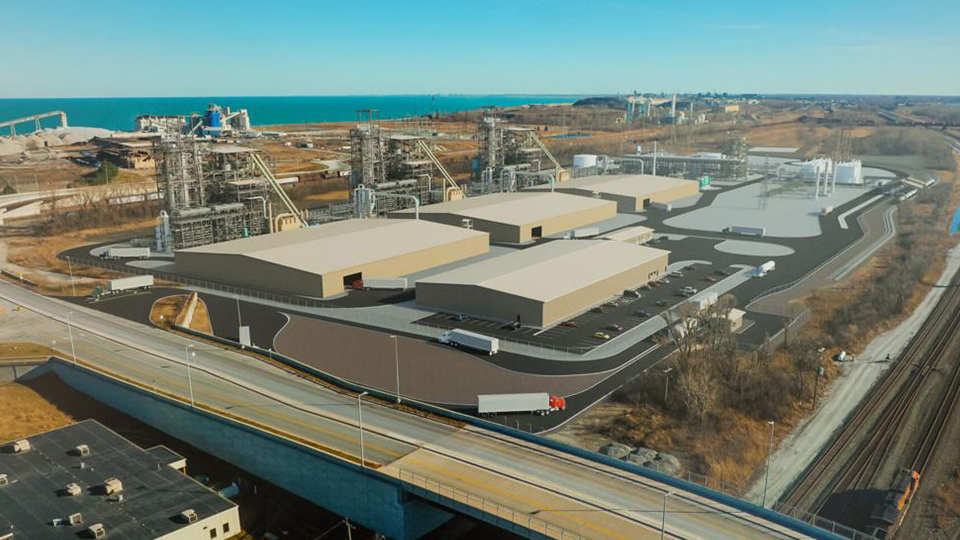Gary waste-to-fuel project secures major funding
Subscriber Benefit
As a subscriber you can listen to articles at work, in the car, or while you work out. Subscribe Now
A planned $600 million waste-to-fuel plant in Gary is one step closer to fruition after the Indiana Finance Authority approved up to $500 million in bonds for the project on Thursday.
California-based Fulcrum BioEnergy Inc. plans to begin construction next year on the facility, which is expected to create about 130 jobs.
Plans for the facility were originally announced in 2018. Our partners at The Times of Northwest Indiana reported last year the project saw some delays due to the pandemic as well as Fulcrum’s efforts to complete its first plant near Reno, Nevada.
The facility will be built at the former Lehigh Portland Cement Co. site in the Buffington Harbor area and will be used to convert municipal solid waste into a low-carbon crude oil substitute that would then be blended with traditional jet fuel.
But the garbage used to create the fuel will not be processed at the Gary facility. Fulcrum plans to build two feedstock processing facilities. Vice President Rick Barraza told IIB one would be built in the Chicagoland area and the other in Indiana, though exact locations have not yet been determined.
The trash will be delivered to those facilities and processed into feedstock that will then be shipped to the Gary plant for conversion.
Barraza said construction is expected to begin in 2024 after the company closes on financing for the project. Once ground is broken, the project will take about two years to complete.
The company declined to provide a statement on Thursday’s bond approval for the project.
The product that will be created at the Gary plant will be used to create what is known as Sustainable Aviation Fuel, or SAF, which is becoming a growing source of fuel for airlines.
According to Fulcrum, its Nevada plant receives about 350,000 tons of trash per year that will be converted into an projected 11 million gallons of fuel in 2024.
In a recent report, The Wall Street Journal cited the Sustainable Aviation Buyers Alliance, which said SAF could help airlines cut emissions by up to 80% compared to conventional jet fuel.
